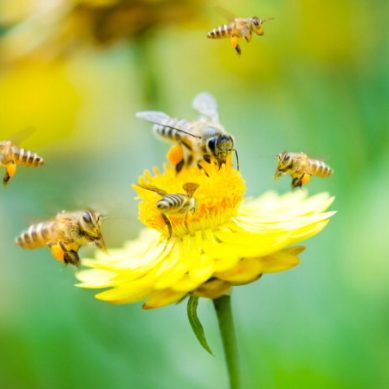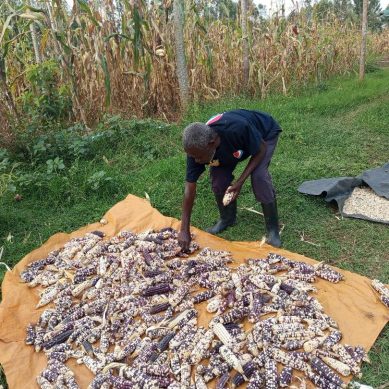Scientists link catastrophic decline of honey to pesticide politics that’s driving bees to extinction
Current US pesticide risk assessment protocols fail to adequately capture the complexity of real-world exposures. Regulators primarily rely on laboratory studies of short-term, single-chemical exposures, often conducted or funded by industry. These studies typically ignore how pesticides accumulate in the environment, interact with each other, and combine with other stressors – such as climate change, disease, and habitat loss – that bees face in the field.
Indigenous maize variety excites farmers in Homa Bay, they call for wider adoption due to disease resistance
Small-scale farmer Walter Opiyo called on the department of agriculture to support farmers in accessing the indigenous seeds, which he said are often expensive and hard to find.







